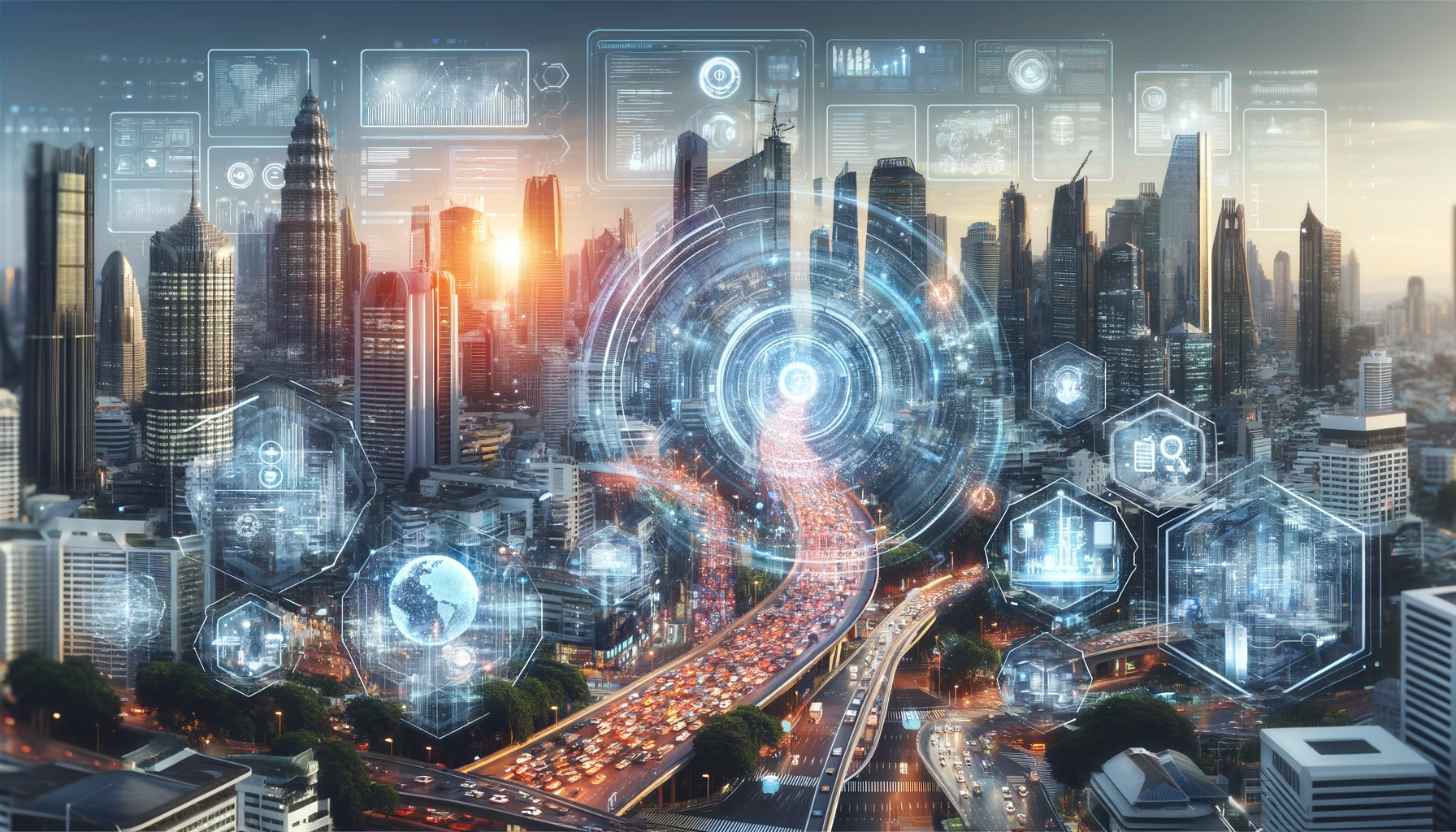Embracing the AI Revolution: A Glimpse into Our Future
As we stand on the brink of 2024, it’s fascinating to look back at how artificial intelligence (AI) has evolved, particularly in 2023, and to anticipate its role in our daily lives moving forward. This past year has been a landmark one for AI, marked by a myriad of developments, debates, and transformations that are reshaping our world.
Generative AI: The New Frontier
One of the most significant milestones of 2023 was the rise of generative AI. These systems, capable of creating content—from text to images—have revolutionized the way we think about creativity and production. The McKinsey Global Survey highlighted the explosive growth of these tools, with one-third of respondents indicating their use in at least one business function [1]. As we look to the future, we can expect these tools to become even more integrated into our professional and personal lives, aiding in everything from automated content generation to personalized media creation.
AI in Healthcare: A Leap Forward
Another area where AI has made a tremendous impact is healthcare. In the UK, AI technology has significantly improved stroke patient recovery. By reducing the time between diagnosis and treatment and optimizing treatment options, AI is saving lives and enhancing the quality of healthcare [2]. As we move forward, AI’s role in predictive diagnostics, personalized medicine, and patient care management is likely to expand, offering more efficient and effective healthcare solutions.
Trends to Watch: Democratization and Collaboration
Looking at the broader trends, 2023 was a year of rapid democratization of AI technology and research, along with a push for more transparent and explainable AI [3]. This democratization is making AI tools more accessible to a wider audience, allowing individuals and small businesses to leverage AI for various purposes. Additionally, we’re seeing an increased emphasis on human-AI collaboration, where AI assists rather than replaces human efforts. This collaborative approach could redefine workplaces, education, and creative industries, enhancing productivity and innovation.
Ethical Considerations and Regulation
With these advancements, intense policy debates and discussions around AI ethics have become more prominent [4]. As AI becomes more integrated into our lives, the need for robust ethical frameworks and regulations to guide its development and use is paramount. We must address concerns like privacy, data security, and the potential for AI-generated misinformation, ensuring that AI benefits society as a whole.
The Future Is Here
As we embrace 2024, the integration of AI in everyday life seems inevitable. From smart homes and personalized entertainment to advanced healthcare and creative collaborations, AI is set to enhance various aspects of our lives. However, it’s crucial to navigate this AI revolution with a mindful approach, balancing innovation with ethical considerations and societal impact.
As we continue to witness groundbreaking developments in AI, it’s an exciting time to be part of this transformative era. The future of AI in everyday life is not just a concept for science fiction—it’s a reality unfolding before us, with endless possibilities and challenges to explore and overcome.



